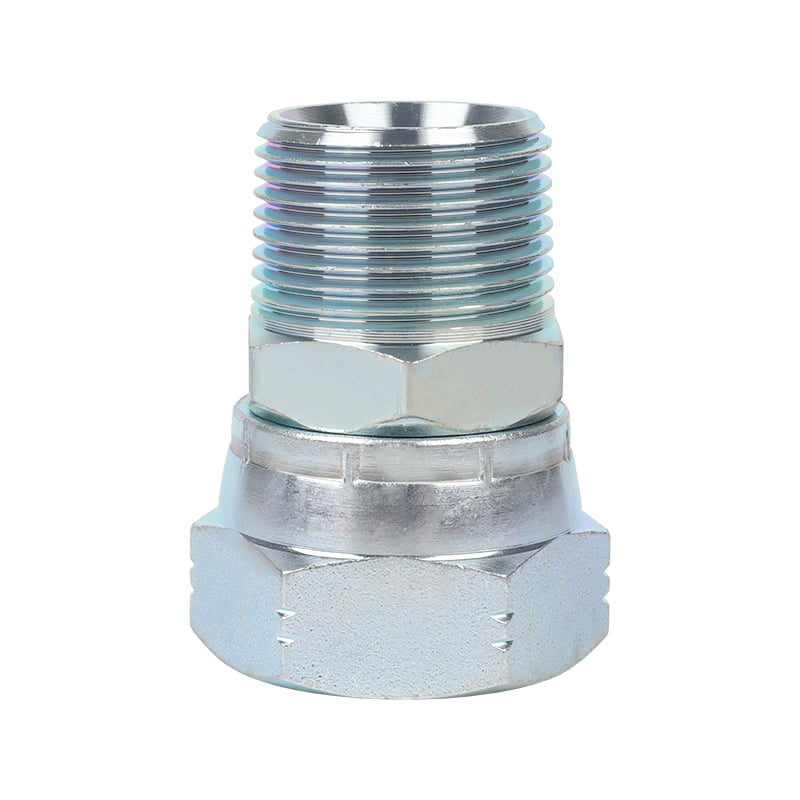What are the maintenance requirements for hydraulic adapters?
Author:admin Date:2023-06-12
The maintenance requirements for hydraulic adapters typically include the following:
1.Regular Inspection: Perform visual inspections of hydraulic adapters to check for signs of wear, damage, or corrosion. Look for cracks, leaks, loose connections, or any other abnormalities. Inspect the sealing surfaces for any signs of damage or wear.
2.Cleanliness: Keep hydraulic adapters and the surrounding area clean and free from dirt, debris, and contaminants. Clean the adapters before installation or when removing them for maintenance. Use appropriate cleaning agents and tools to ensure proper cleanliness.
3.Lubrication: Apply a suitable lubricant to the threads and sealing surfaces of the hydraulic adapters during installation. This helps to reduce friction, prevent galling, and ensure a proper seal. Follow the manufacturer's recommendations for the type and frequency of lubrication.
4.Tightening Torque: Ensure that the hydraulic adapters are tightened to the recommended torque specifications. Over-tightening can damage the adapters or cause leaks, while under-tightening may result in loose connections and potential failure.
5.Sealing Integrity: Check the sealing integrity of hydraulic adapters periodically. Inspect the O-rings, gaskets, or other sealing components for signs of wear or deterioration. Replace any damaged or worn seals to maintain proper sealing and prevent leaks.
6.Preventing Contamination: Take precautions to prevent contamination of the hydraulic system. When removing or replacing hydraulic adapters, use clean tools and ensure that the exposed openings are covered or capped to prevent the entry of dirt, moisture, or other contaminants.
7.Replacement: Replace hydraulic adapters if they are damaged, worn beyond repair, or if they no longer meet the required specifications. Regularly inspect the adapters for signs of fatigue, cracks, or other indications of potential failure. Follow the manufacturer's recommendations for the service life or replacement intervals of the adapters.
8.Training and Expertise: Ensure that maintenance personnel are properly trained and have the necessary expertise to handle hydraulic adapters. Proper handling and installation techniques are crucial to maintaining the integrity and reliability of the hydraulic system.
JIC MALE 74° CONE / JIC FEMALE 74° SEAT 2J

Stainless steel hydraulic adapters are fittings used to connect hydraulic lines or hoses in a hydraulic system. They are made of stainless steel, which is a type of corrosion-resistant steel that contains at least 10.5% chromium. This makes them suitable for use in environments where corrosion may be a concern, such as in marine or offshore applications, or in areas with high humidity.
JIC MALE 74° CONE / JIC FEMALE 74° SEAT 2J

Stainless steel hydraulic adapters are fittings used to connect hydraulic lines or hoses in a hydraulic system. They are made of stainless steel, which is a type of corrosion-resistant steel that contains at least 10.5% chromium. This makes them suitable for use in environments where corrosion may be a concern, such as in marine or offshore applications, or in areas with high humidity.


 English
English Deutsch
Deutsch











